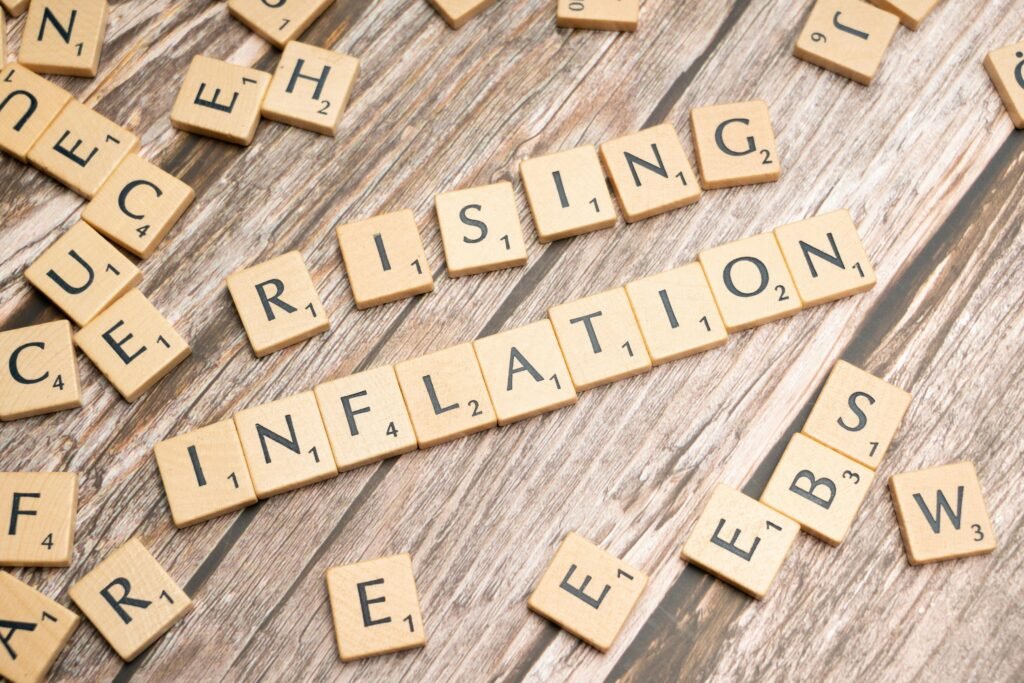
There are several causes through which inflation can lead to depression in economy IDC in short. Let me explain each one of them.
1. Curbing level of Income
High Prices: Inflation times x increases faster than wages. A decrement in purchasing power for people means a cut on consumption. This is particularly concerning because earning remains unchanged.
Impact on Savings: It is safe to say in general terms that the nominal return on saving accounts around inflation becomes 0. Lifetime savings works as a deterrent where savings are prevented leading to less amounts usable for commodity infusion.
2. Unpredictable and high Input Costs Leading to Low Investment
When there are Unpredictable Costs: Input costs are highly-dependent of future expenditures and thus because they are unreliable businesses prefer to steer away from investment strands.
Rising Interest Rates: Businesses and other organizations were borrowing at very low rates bis us, capital costs were looking very viable, but due to over consumption and prices rising central banks had to take measures which came in the form of interest rates boosting.
3. Resource Allocation not being Efficient
Speculative Investments: Resources could be made in sectors which are beneficial for the economy such as transportation or manufacturing however because of inflation people make non-productive investments which expands an economy in the short run, but which is concerning in the long term.
Distorted Pricing Signals: Supply basically informs us about inflation, and inflation tells us which direction to head in meaning a shove in resources in the wrong area.
4. Undesirable Relationship between wages and prices leading to a Cycle
Rising Costs: Consumer price rises influence workforce meaning they need high wages, for manufacturers this is a bane since it increases their production costs, self inflation continues meaning prices have to be increased to keep profitability.
Competitiveness Loss: The depreciation of the ability to export due to domestic inflation rate being higher than that of the trading partners’ inflation rate which impacts foreign dependent industries.
5. Impact on government finances
Increasing Costs of Debt Servicing: The devaluation of government debt that is inflation linked makes the servicing of such debt costly and burdens making debt management difficult.
Reduced Revenue: Unindexed tax revenue receives a high amount of revenue during the high inflation periods reducing the real value of tax revenues.
6. Social and Political Instability
Inequality: Inflation tends to hit the poorer groups of people the hardest since they allocate a bigger portion of their income on essentials such as foodstuff, which leads them to suffer from the adverse outcomes of inflation more.
Diminishing Trust: People lose confidence in the institution due to rampant inflation, thus inhibiting consumers and business people from investing in a particular economy.
When Inflation Becomes an Economic Loop, it squeezes growth, curbing economic expansion around more than developed economies which would have a low inflation rate. Sustained inflation at rates higher than 5 to 6% would bring economic decline, stagnation or crises as observed during the hyperinflation in Zimbabwe or Venezuela. The effective tools of fiscal and monetary policies would be vital to manage the inflation to normal effective levels.

